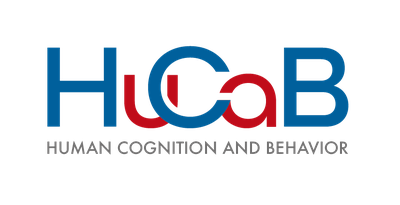Peter Fischer, Eva Jonas, Dieter Frey and Stefan Schulz-Hardt
Selective exposure to information: The impact of information limits.
European Journal of Social Psychology
In research on selective exposure to information, people have been found to predominantly seek information supporting rather than conflicting with their opinion. In most of these studies, participants were allowed to search for as many pieces of information as they liked. However, in many situations, the amount of information that people can search for is restricted. We report four experiments addressing this issue. Experiment 1 suggests that objective limits regarding the maximum number of pieces of information the participants could search for increases the preference for selecting supporting over conflicting information. In Experiment 2, just giving participants a cue about information scarcity induces the same effect, even in the absence of any objective restrictions. Finally, Experiment 3 and 4 clarify the underlying psychological process by showing that information limits increase selective exposure to information because information search is guided by the expected information quality, which is basically biased towards supporting information, and information limits act to reinforce this tendency. [ABSTRACT FROM AUTHOR]
Accession Number: 17719963; Source Information: Jul/Aug2005, Vol. 35 Issue 4, p469; Subject Term: RESEARCH; Subject Term: INFORMATION resources; Subject Term: PSYCHOLOGY; Subject Term: INTELLECT; Subject Term: THOUGHT & thinking; Subject Term: EMOTIONS (Psychology); Subject Term: ; Number of Pages: 24p; ; Document Type: Article;


